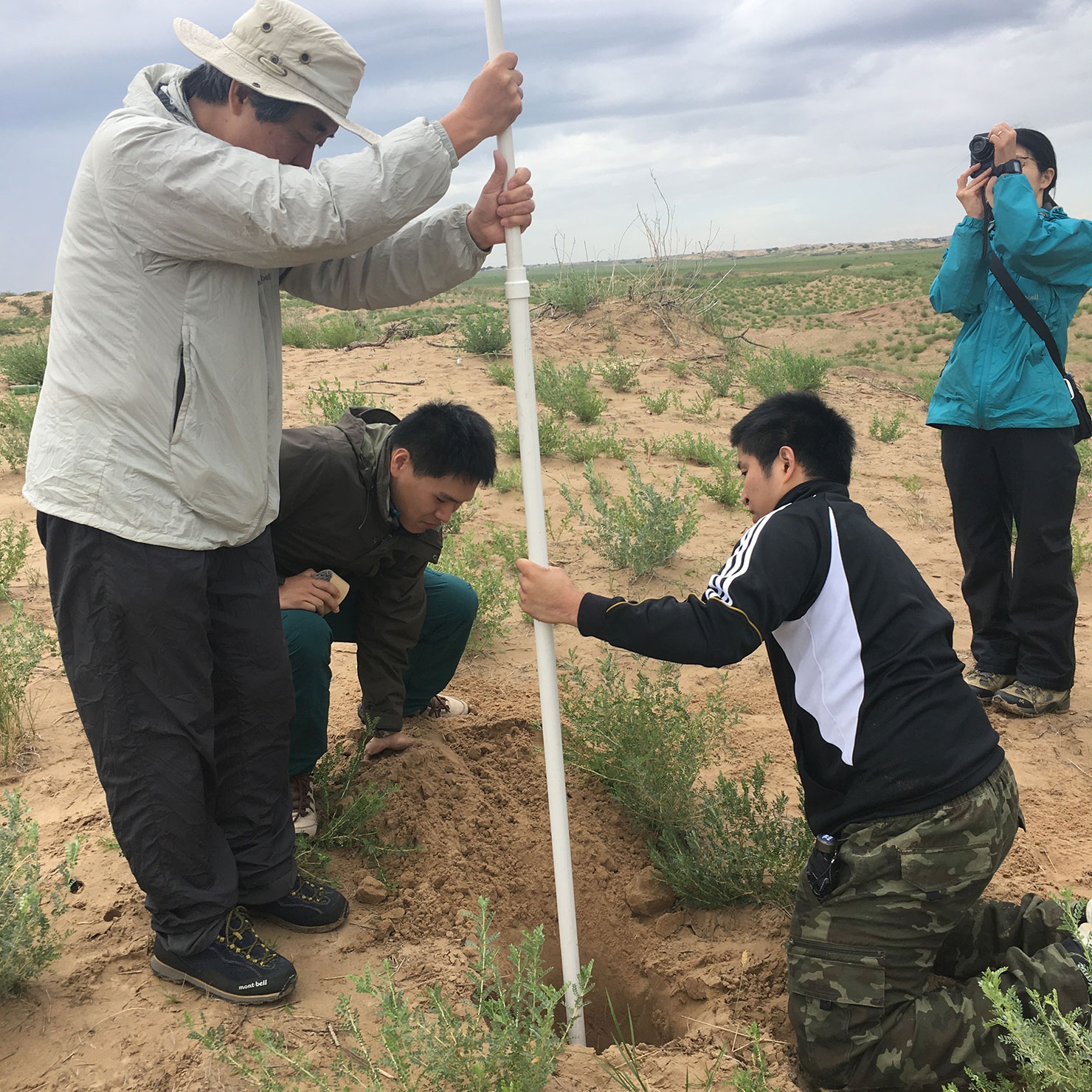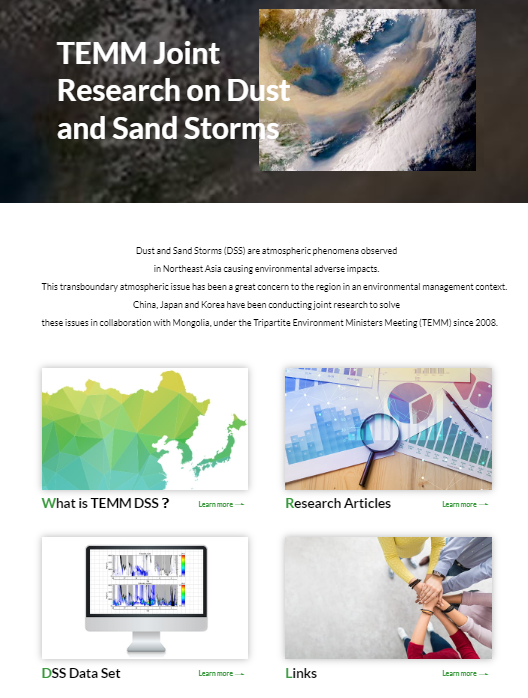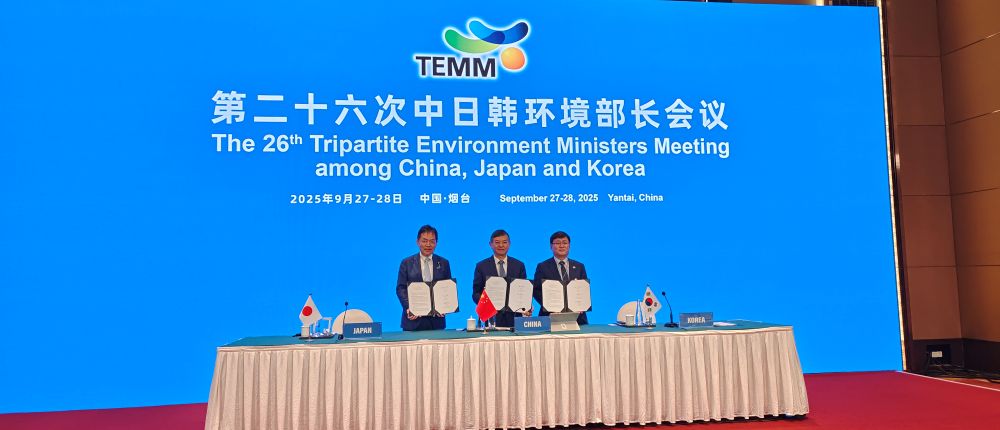Roles of the OECC
The OECC provides support to relevant parties to promote international environmental cooperation efforts in the fields of DSS and air pollution. With our long experience in Japan-China environmental cooperation, we have been continuously undertaking the role of secretariat for Japan in the multilateral cooperation framework formed amongst administrative agencies and researchers in the field of DSS and air pollution in Japan, China, Korea, Mongolia and other countries. As the secretariat, we have been supporting the formulation of joint research plans, research information exchange and policy dialogue between Japan, China and Korea, as well as examining ways to promote international cooperation.
In the future, the OECC plans to focus on co-benefit approaches that simultaneously promote countermeasures against climate change and air pollution.






